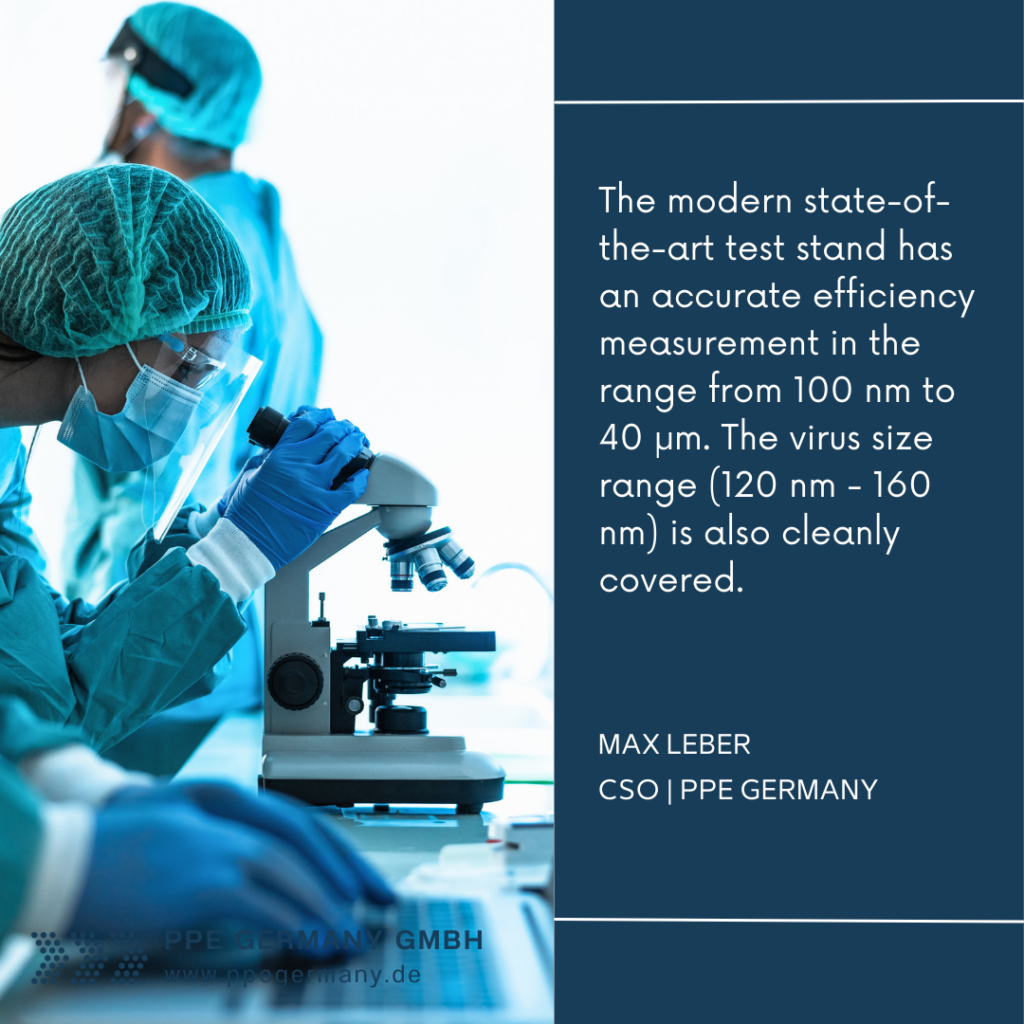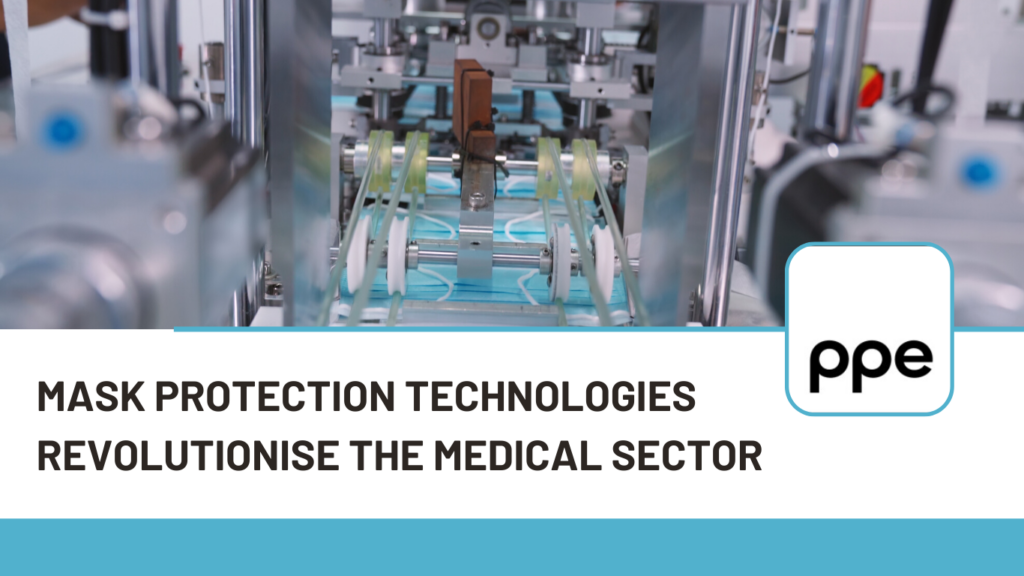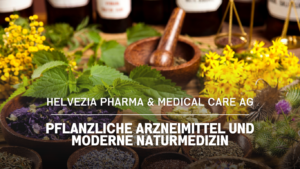PPE Germany develops, produces and tests FFP2 masks for medical protective equipment – by Max Leber, Managing Director PPE Germany GmbH from Berlin.
New mask technologies have revolutionised the medical environment in recent years and played a crucial role in combating infectious diseases. One of the most significant developments in this field is the FFP2 mask, which is a particularly effective respiratory protection measure due to its high filter efficiency and close fit.
FFP2 masks, also known as KN95 masks, are designed to protect both the wearer and those around them from disease transmission. These masks have a particularly high filtration efficiency and filter at least 94 per cent of airborne particles, including viruses and bacteria.
Another significant innovation in mask technology is the use of antimicrobial materials. These materials inhibit the growth of microorganisms on the surface of the mask, reducing the risk of cross-contamination. An example of this is silver ion technology, which is used in the manufacture of masks.
In addition, new designs and shapes of masks have also been developed to improve comfort and ensure a better fit. For example, there are special masks for use in critical care that provide optimal protection for the wearer while allowing easy breathing.
European health and safety directives for occupational health and safety
One of the most important directives in this area is the Framework Directive 89/391/EEC. This directive sets out the basic obligations of employers and workers and requires a systematic assessment of risks in the workplace and the implementation of measures to prevent accidents and injuries.
In addition to this framework directive, there are numerous specific directives that focus on particular aspects of occupational health and safety, such as Directive 2009/104/EC on the protection of workers from the risks related to electromagnetic fields or Directive 2004/37/EC on the protection of workers from carcinogens and mutagens at work.
Another important instrument for improving occupational safety and health is the European Agency for Safety and Health at Work. This agency was established in 1996 and has the task of supporting and advising the EU member states on occupational safety and health issues.
Overall, the European directives on occupational safety and health have helped to significantly improve working conditions in Europe. However, challenges still exist, such as tackling mental stress in the workplace or ensuring the safety of workers in new areas of work such as the gig economy.
Automation in mask manufacturing
Automated mask manufacturing involves several steps and requires specially designed machinery and equipment.
Material cutting: The materials from which the mask is made are automatically cut using special cutting machines. Different materials such as non-woven fabrics, filter media and nose pieces can be used.
Material assembly: The different parts of the mask are automatically assembled and welded together using machines. This can be done by high frequency welding, ultrasonic welding or other methods.
Nosepiece attachment: A nose clip is automatically attached to the mask using special machines. The nose clip is either glued to the non-woven fabric or attached to the mask by special fastening mechanisms.
Folding and packaging: The mask is automatically folded by machines and sealed in a package. Packaging can be either individual or in larger units.

Various control mechanisms are used in the automated mask production process to ensure the quality of the masks produced. PPE Germany uses the modern Palas PMFT 1000 system. Henrik Bierhorst, quality assurance expert at PPE Germany GmbH explains that this system is used to determine the degree of penetration of particles through a protective mask. The modern state-of-the-art test stand has an accurate efficiency measurement in the range from 100 nm to 40 µm. The virus size range (120 nm -160 nm) is also cleanly covered. This system can accurately analyse that the filter mask efficiency also covers SARS-CoV-2 and provides protection. The test rig also meets the stringent requirements for respirators set by the CCF (Covid Cerified Filter) seal of approval. To ensure their protection, masks must be able to effectively retain particles, especially those containing pathogens. Particle penetration, the ability of particles to pass through the mask, is an important factor in mask effectiveness.
The effectiveness of a mask depends on the size of the particles that can pass through it. Masks are usually effective against larger particles such as droplets or aerosols. However, finer particles such as viruses can in some cases pass through the mask, mainly if the mask does not fit properly. This is where PPE offers an innovative product with the Dodo Air mask. Due to the shape of the front, the mask’s form stability is increased, while the elastic ear loops allow an effortless fit to the face and head. In addition, breathing resistance is minimal.
V.i.S.d.P.:
Max Leber
Managing Director and Sales
PPE Germany GmbH
Contact:
PPE Germany GmbH
Mertensstr. 63-115
13587 Berlin
Germany
Tel: +49 30 202366380
Email: anfrage@ppegermany.de
Web: https://ppegermany.de
Contact: Max Leber, GF and Sales
Press contact:
PPE Germany GmbH
Mertensstr. 63-115
13587 Berlin
Germany
Phone: +49 30 202366380
Mail: presse@ppegermany.de
Web: https://ppegermany.de
Company Description:
PPE Germany GmbH, based in Berlin, are specialists in respiratory protection Made in Germany. PPE Germany is one of the major European mask producers for high quality FFP2 masks and started production in 2020 to ensure the supply of protective equipment to the population. PPE Germany protects the health of people who have to work and live in complicated air conditions, for example viral contamination, hospital germ contamination, bacterial contamination, dust, fibres (e.g. from mineral wool), industrial fumes, fine dust. All PPE Germany products are certified and subject to the strictest testing standards. Further information at: https://ppegermany.de





